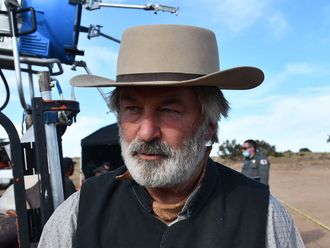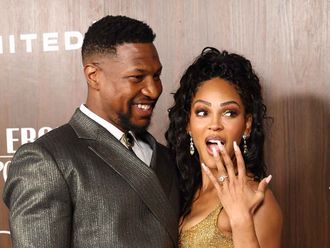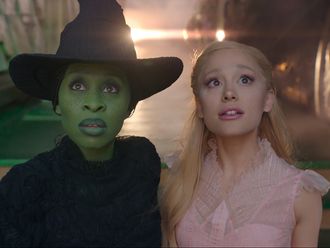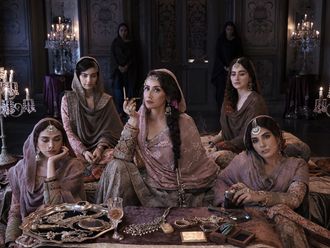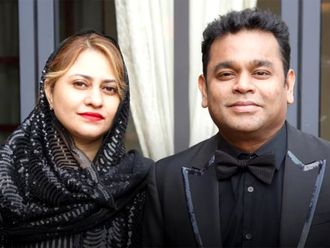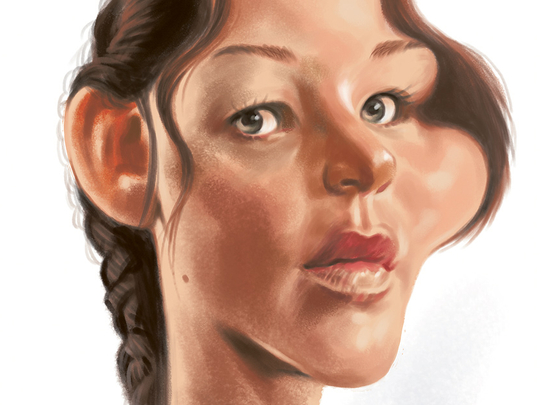
There is something different about the photos of Jennifer Lawrence that raged across the internet last Sunday night.
Firstly, they are not what we are used to seeing of her — holding an Oscar, perhaps, or that goofy grin she does after making a self-deprecating joke. These ones are naked, and extremely personal in nature. And she did not release them. They are also different in that even though we have seen lots of hacked nude celebrity pictures before, many have reacted to this invasion of Lawrence’s privacy with an overriding sense of disgust.
Some are calling it a sex crime.
There is quite a change in the atmosphere surrounding the issue of celebrity privacy. It was only in May this year that Charlize Theron was accused of trivialising rape after comparing Googling pictures of herself (not hacked ones, but paparazzi shots) to “feeling raped”. The media verdict was delivered swiftly: How dare the actress, who chose the path of fame willingly, compare her privileged life to, say, the New Delhi bus attack victim?
So what has changed with Lawrence, an Oscar winner (and triple nominee, by the age of 24), star of grown-up movies, who is also popular with children for her empowering role in the Hunger Games franchise? Thanks to her numerous gaffes, including tripping over on the way to collect her Academy Award, she is seen as a little more “authentic” than other starlets. She is also not on social media and does not proffer up tidbits from her private life, unlike other celebrities.
Also, it wasn’t she who made the comparison to a sex crime — it’s appeared in countless opeds in the past week, as well as on Twitter. (Lawrence has not spoken on the matter at all.)
Actress and writer Lena Dunham was quick to remind her followers of a hallmark of sex crime: blaming the victim.
“The ‘don’t take naked pics if you don’t want them online’ argument is the ‘she was wearing a short skirt’ of the web. Ugh,” Dunham wrote.
The immediate reaction to the intimate photos of Lawrence and her fellow celebrities — other victims include Avril Lavigne, Amber Heard, Hillary Duff, Kaley Cuoco and Kate Upton — was one of ‘why did they take nude photos in the first place?’. Shouldn’t the question be: Why did someone decide it was acceptable to steal the photos and post them in a place where millions of people can see them? These photos did not spread because the celebrities in question had sent them to someone — they were hacked from their own private accounts.
Lawrence and the others did take the photos on their mobile phones, in the privacy of their homes, in some cases years ago and since deleted from the original device. These images were not intended for public consumption; they are one area of their lives that should have remained closed off from the never-ending prying that is the lot of a celebrity in the internet age.
Something like human trafficking
The hacking is said to have been “the result of several months of long and hard work” and offered for sale, said the UK’s Guardian. The paper reported that other members of the hacking gang offered to “rip” iCloud backup accounts. One of those who initially distributed the images later complained he only got 120 bitcoins, a meagre amount, apparently, “when you consider how much time was put into acquiring this stuff”.
A gang stealing women’s bodies and offering them for sale? Sounds something like human trafficking to me.
If you think that sounds a bit too real-world to apply to our favourite la-la-land stars, who sip soy lattes and spend their free time at the gym, don’t forget the supermarket-checkout magazines’ favourite: Celebrities, they’re just like us!
The mechanism by which someone finds it acceptable to distribute these images of women against their consent cannot be that different from the one that makes men attack girls going to the bathroom at night in an Indian slum or force hopeless women into prostitution — it’s a sense of ownership.
Celebrity news can sometimes serve to highlight something that is happening all around us — we just did not know it or want to acknowledge it.
The site where the images first appeared, 4Chan, is also known for hosting other kinds of nude images, those of children. If hackers can break into celebrities’ iClouds, they are also capable of sourcing images and information you would not want them to have.


